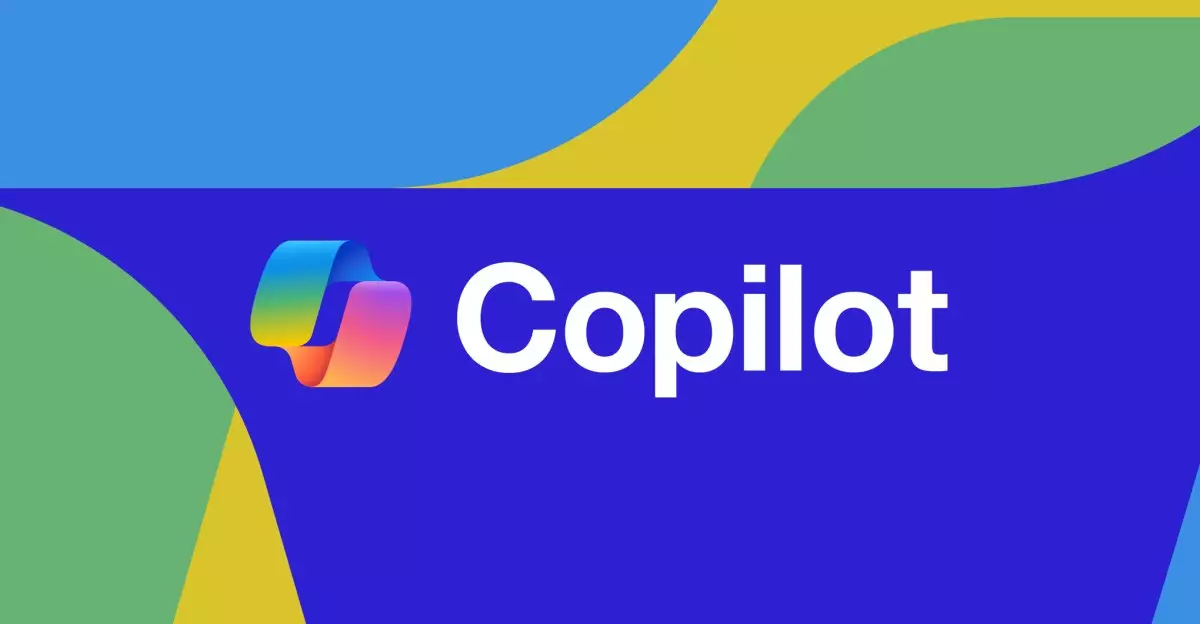The landscape of artificial intelligence is evolving rapidly, and few innovations exemplify this shift as much as Microsoft’s Copilot. As the tech giant celebrates its 50th anniversary, it has launched an array of impactful new features that promise to redefine user interaction with AI technology. In a world where personalization is king, creating tools that cater to individual preferences is no longer just a luxury; it’s a necessity. Microsoft’s latest version of Copilot is not only packed with capabilities but is finely tuned to resonate with the unique needs of its users, aiming to forge deeper connections between humans and machines.
A Personal Touch—Memory Integrated into Copilot
One of the standout features introduced is the Memory function, a game-changer in personalized digital interaction. This innovation allows Copilot to remember personal details such as preferences, interests, and even special dates like birthdays. By storing and adapting to these individual nuances, the AI becomes inherently more relevant and helpful in day-to-day tasks. It’s reminiscent of a well-informed assistant who knows you so well that their suggestions feel intuitive rather than arbitrary. However, this feature comes with an essential caveat: users retain control over what information is saved, enabling them to opt out entirely if they prefer a more generic interaction. Control and privacy are paramount in this digital age, and Microsoft’s approach appears to respect those values while still striving for a personalized experience.
Expanding Capabilities: From Browsing to Podcasting
Beyond enhancing personalization, Copilot is also upping its game in practicality with new Actions functionality. By leveraging the power of a web browser, Copilot can be utilized for diverse tasks, from booking tickets to purchasing necessities—functions that are crucial for a society increasingly reliant on digital solutions. Imagine an AI that not only provides recommendations but also follows through on actions, making life more seamless. This level of interactivity is cleverly designed to compete with existing models by offering an all-in-one assistant that handles various aspects of online transactions and research.
Moreover, the introduction of features like Copilot Vision expands the assistant’s capabilities even further. With the ability to analyze visual data from screens and camera inputs, it creates a more interactive experience, allowing users to ask questions about what they see in real time—blurring the lines between virtual and physical realities. Such technology is a testament to how far AI has come, enabling it to serve as both an assistant and an insightful companion.
Deep Research: A Powerful Tool for Knowledge Acquisition
The significance of the Deep Research feature cannot be overlooked. In a world where information is abundant yet often overwhelming, having an AI capable of synthesizing and analyzing a vast range of sources is invaluable. By integrating research capabilities with Bing, Microsoft is not just offering answers but also drawing insights from across the Internet to provide a more comprehensive understanding of complex subjects. This advancement promises to support professionals and students alike in navigating rigorous academic or work-related challenges.
In addition to that, the capacity to generate podcast-style audio content is particularly interesting. The preference for auditory learning is growing, and by providing users with informative audio summaries, Copilot adapts to various learning styles. This feature invites everyone—especially those who may prefer listening over reading—into the realm of knowledge acquisition, enriching the learning experience in profound ways.
Looking Ahead: The Future of Copilot and AI Assistants
Microsoft’s ambitious strides forward signal an exciting era for AI assistants. With a vision described as “yours” by Mustafa Suleyman, the philosophy underscores a future where AI integrates seamlessly into our daily lives, fostering a customized interface for each user. While capabilities like personalization and task automation are impressive today, they set the stage for innovations yet to come.
As we ponder the AI landscape, it becomes evident that the goal is to create technology that understands and anticipates user needs, reshaping everything from productivity to leisure. Yet, with this progression, it’s crucial to consider ethical frameworks and user autonomy to ensure beneficial applications of AI. The ambition to enhance personalized experiences should always balance technological advancement with respect for privacy and control over personal information.
As we navigate this transformative journey, one thing is clear: the future is bright for AI assistants like Copilot, and their potential to revolutionize how users interact with technology holds immense promise.

